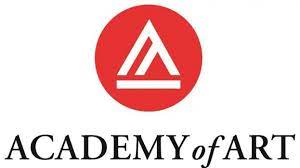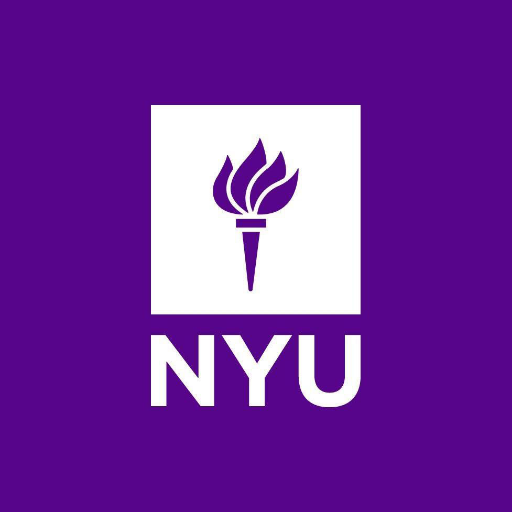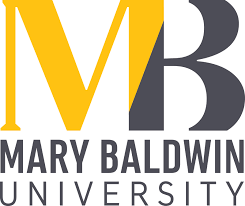Be the first to learn new and exciting information and influence public opinion with the 10 best online degrees in journalism!

Covering breaking stories and being in the center of news is just a couple of the perks of earning an online journalism degree. Whether you end up working in social media or for a newspaper, you’ll be exposed to interesting information that others need to know. Change is the name of the game in journalism, so if the thought of showing up to work each day with something new and exciting to research and report sounds appealing, then an online journalism degree is the key to your future!
What Is an Online Bachelor’s in Journalism?
A bachelor’s degree in journalism teaches students how to ethically and accurately find and report stories, whether that be through print materials or digital media. Throughout your online degree, you’ll learn how to create engaging and visually appealing writing and media that captures audiences’ attention.
Some courses that are commonly taken during a bachelor’s in journalism program include Principles of News Writing, Principles of Multimedia and Mass Media Journalism, and Media Ethics. During the course of earning a journalism degree, most students will have the opportunity to engage in internship experiences, where they get to see first hand how journalism works in the real world.
How Much Can You Earn With an Online Bachelor’s in Journalism?
Journalism degrees can open the doors to many different fields, both inside communication and outside. However, if you’re looking into a journalism degree, you’re most likely interested in someday becoming a reporter or correspondent, who earn an average annual income of $41,260.
If the idea of pursuing a career as a reporter or correspondent doesn’t exactly make you jump for joy, don’t worry, there are other options, including becoming a public relations specialist or an editor. As a public relations specialist, you can expect to bring home around $60,000 per year, and as an editor, you’ll take home just under $60,000 annually.
What Is Required to Attend an Online Bachelor’s in Journalism Degree Program?
Luckily for you, many of the online programs on this list have similar requirements for admission, although you always should double-check with the admission advisor of the school you select. Admission into any of the programs on this list will require you to submit proof that you completed high school or that you got your GED.
Students attending college for the first time may also be asked to submit ACT or SAT scores when applying to the program. Those that have attended other colleges in the past will be asked to submit official transcripts from all colleges you have earned college credit through.
What Are the Most Affordable Online Colleges?
OSR uses six data points: three school-wide and three program-specific. For school-wide, OSR uses student satisfaction, admission rates, and the number of programs the school offers online. For program-specific, OSR checks the median debt of graduates from that program, how many degrees are offered within that program’s umbrella department, and what percentage of students at that school graduated from that department.
The six statistics are displayed by each school. The sliding bar under each statistic represents how that school compares to other US institutions. “Not reported” means a school did not release that information to the US Department of Education. A more detailed description of the OSR process can be found on the methodology page.
Now let’s check out the 10 Best Online Bachelor’s in Journalism!















